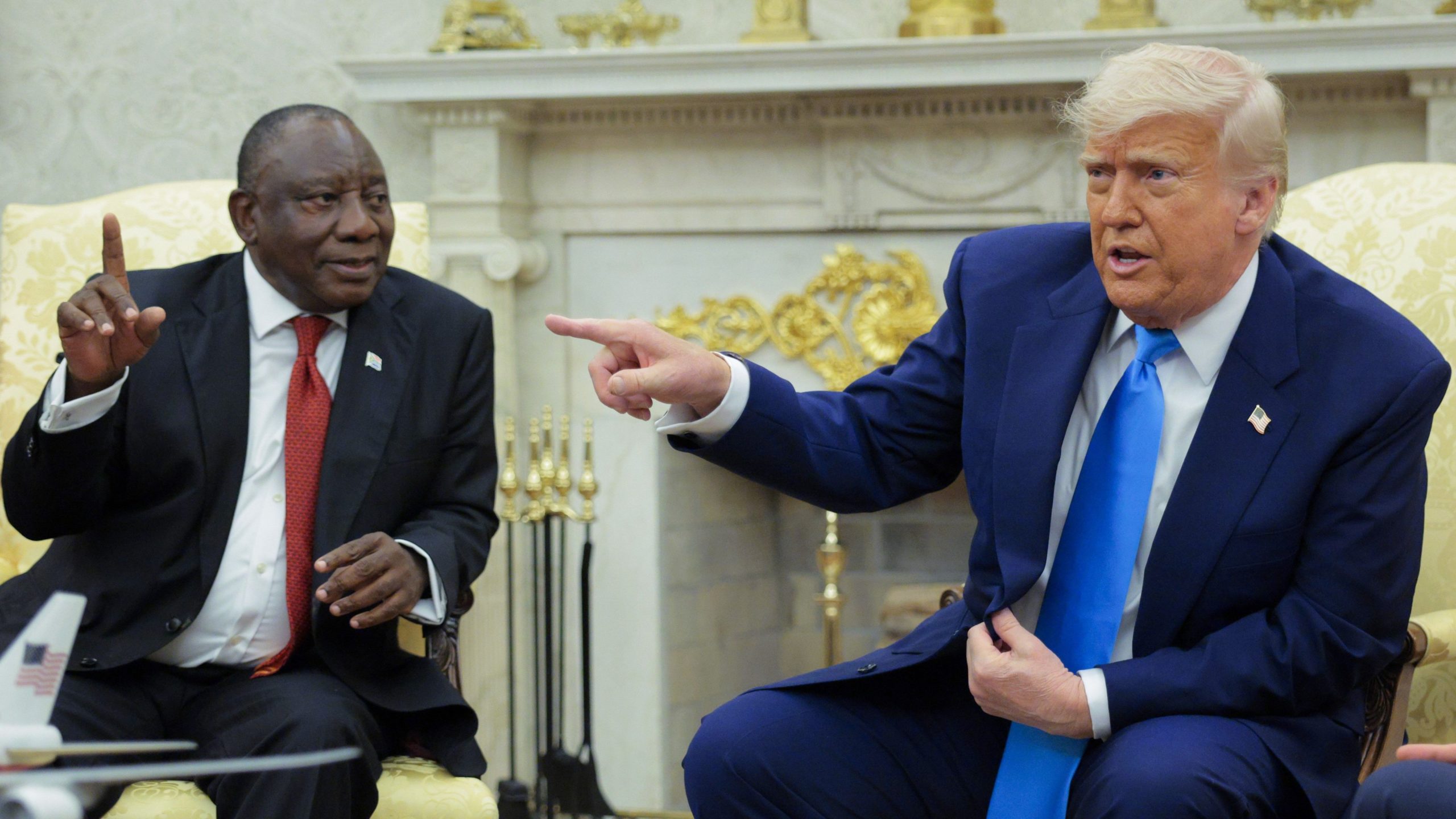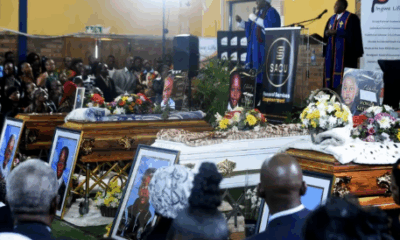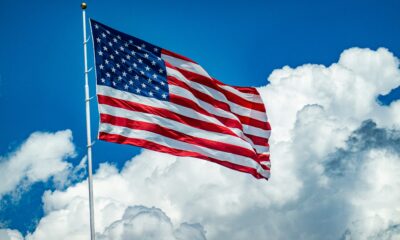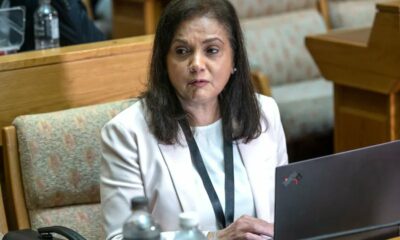Published
6 months agoon
By
zaghrah
“They have some very bad policies… a lot of people are being killed.” With those words aboard Air Force One, US President Donald Trump once again cast South Africa into the international spotlight, this time announcing he’s “probably” not attending the G20 Summit in Johannesburg.
Trump’s statement has sparked fierce debate, raising eyebrows both in Washington and across Mzansi. But it didn’t come out of nowhere. His comments are just the latest chapter in a saga of simmering tensions between the US and South Africa, rooted in deep policy differences, race-based narratives, and shifting global alliances.
Trump’s tone made it clear: this wasn’t just about scheduling. He cited “bad policies” and violent crime as reasons for bowing out of the summit, adding, “I’d like to, but I don’t think I will.”
While no official boycott has been declared, his administration is visibly pulling back. Treasury Secretary Scott Bessent skipped the G20 finance ministers’ meeting in Durban last month. Secretary of State Marco Rubio also steered clear of the foreign ministers’ summit in Joburg earlier this year.
It’s a message, loud and clear, that Trump’s White House is no fan of the current South African government’s direction.
Trump’s criticism ties closely to long-standing accusations he’s made since his first term: namely, that South Africa is hostile to its white minority.
In early 2025, the second Trump administration reignited these claims, drawing attention to the country’s Black Economic Empowerment (BEE) policies and the newly enacted Land Expropriation Bill. The legislation, which passed in 2023, allows for the redistribution of land without compensation under specific conditions, something South African officials insist won’t be applied unjustly.
But that hasn’t stopped Trump or his ally, Elon Musk, from fueling a counter-narrative that white farmers are being “systematically targeted.” While fact-checkers and the South African government have repeatedly debunked this, the perception lingers in some conservative US circles.
On local social media, reactions ranged from ridicule to frustration.
“Trump can stay home. SA doesn’t need him to make G20 work,” one user posted on X.
Others criticized the narrative of South Africa as a lawless, anti-white country.
“This is just another example of Western leaders misunderstanding transformation policies,” tweeted a local political analyst.
South African officials have remained tight-lipped so far, likely unwilling to escalate a diplomatic row ahead of the summit.
Trump’s no-show isn’t just symbolic. The G20 Summit is a vital forum for global economic cooperation, especially as South Africa pushes for greater investment, trade partnerships, and BRICS+ alignment.
His absence could undercut US influence in Africa just as China, Russia, and the Gulf States step in more aggressively.
And while Trump may see his decision as a rebuke of South Africa’s policy direction, the long-term consequence could be a weakening of American soft power on the continent.
Trump’s decision not to attend the G20 Summit in South Africa isn’t just about violence or policy disagreements, it’s about ideology, history, and a new global order in the making.
As South Africa hosts some of the world’s most powerful economies, the question isn’t whether Trump shows up. It’s whether the US can afford to keep sitting out.
{Source: IOL}
Follow Joburg ETC on Facebook, Twitter , TikTok and Instagram
For more News in Johannesburg, visit joburgetc.com


Gauteng Health pays rent while its own clinics stand abandoned


‘Shame On You’: Wife Of Afrikaner Arrested In The US Speaks Out


The R20bn Vote of Confidence: Inside SA’s Overhauled Transformation Fund


The R10 Killer: A Banned Poison Still Sold Next to Lipstick on Our Streets


Why Getting A US Visa For The 2026 World Cup Could Be A Tough Game For South Africans


Inside the Stalled Courtroom: Legal Tangles and Silent Witnesses Grind a Crucial Inquiry to a Halt















